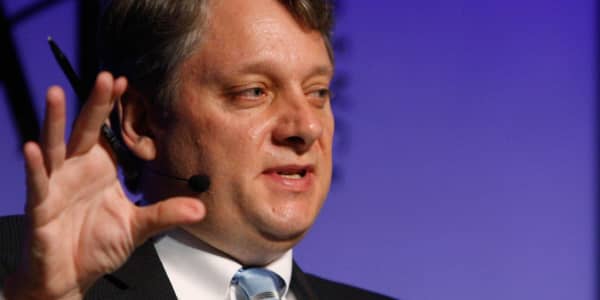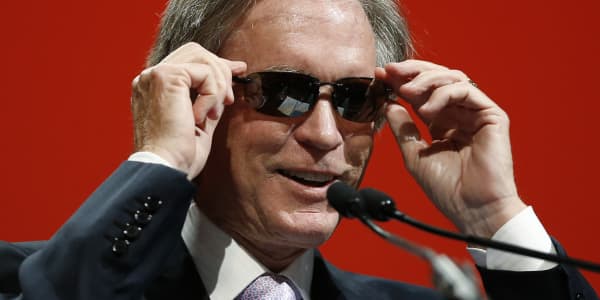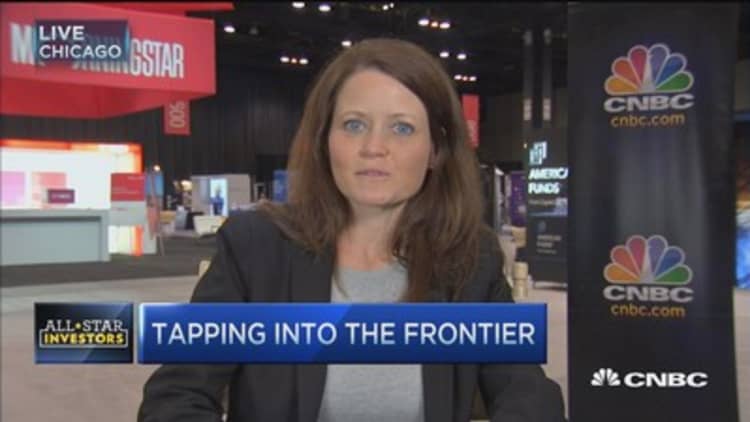
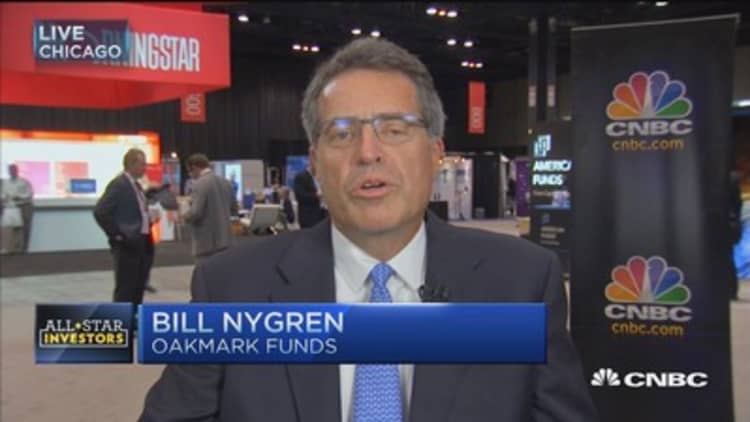
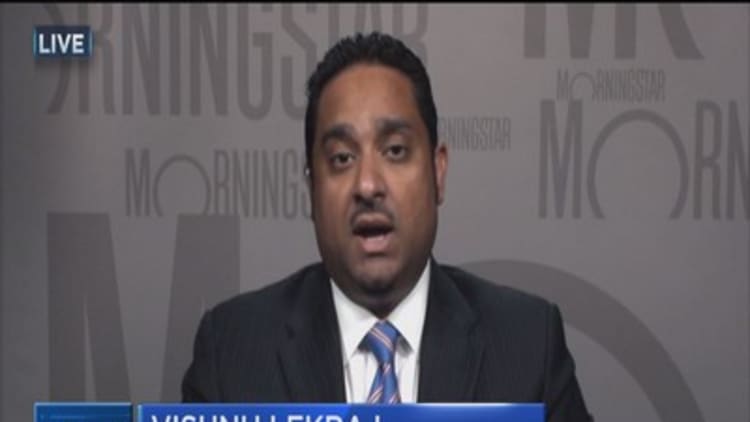
Pity the active fund manager.
More dollars have flowed to index strategies that track a market benchmark, such as the S&P 500 index, partly because such funds typically have lower costs than active funds and more investors believe that stock-picking managers can't regularly beat the financial markets.
Now a new Morningstar study, released this week at the Morningstar Investment Conference, finds that actively managed funds lagged their passive counterparts across nearly all asset classes, especially over a 10-year period from 2004 to 2014.
Morningstar researchers calculated success rates by the percentage of actively managed funds that survived and produced returns better than the average index fund in the same category. Survivorship bias helped active funds' dismal results as researchers found that many active funds in the period, which included the financial crisis and Great Recession, either merged with other funds or closed.
Read MoreJ.P. Morgan's Kelly warns of 'miserably slow' growth
Active funds that invest in value stocks of mid-sized companies were the only fund category of the 12 categories Morningstar studied that had a 10-year success rate above 50 percent compared with their index-fund counterparts. Low-cost active U.S. mid-cap value funds had the highest success rate, at 68.2 percent for the 10-year period, while high-cost active mid-cap blend funds had the lowest success rate, with only 5 percent beating their passive peers. (See the table below.)
Active funds with below-average costs were more likely to outperform higher-cost active funds over the decade studied. However, low-cost active funds still had lower average annualized returns compared with the average passive fund in nine of the 12 categories studied in the report.
No U.S. equity category had a success rate higher than 50 percent compared with their index-fund peers over trailing three- and five-year periods. Only active intermediate-term bond funds beat their average passive peers in the same time periods.
Active U.S. value funds had an edge over active U.S. growth funds, the researchers found, and investors tended to select better-performing active funds, as category asset-weighted returns were generally higher than the equal-weighted returns.
Read MoreGMO's Grantham: Not a stock market bubble ... yet
Despite the findings, active fund managers at the Morningstar Investment Conference said that they still offer clients value.
"As long as there is fear and greed, there will be the ability to time arbitrage," said Steven Romick, a top-rated portfolio manager at FPA Funds, Thursday at a conference panel entitled "Stock-Picking Is Dead, Long Live Stock-Picking?"



